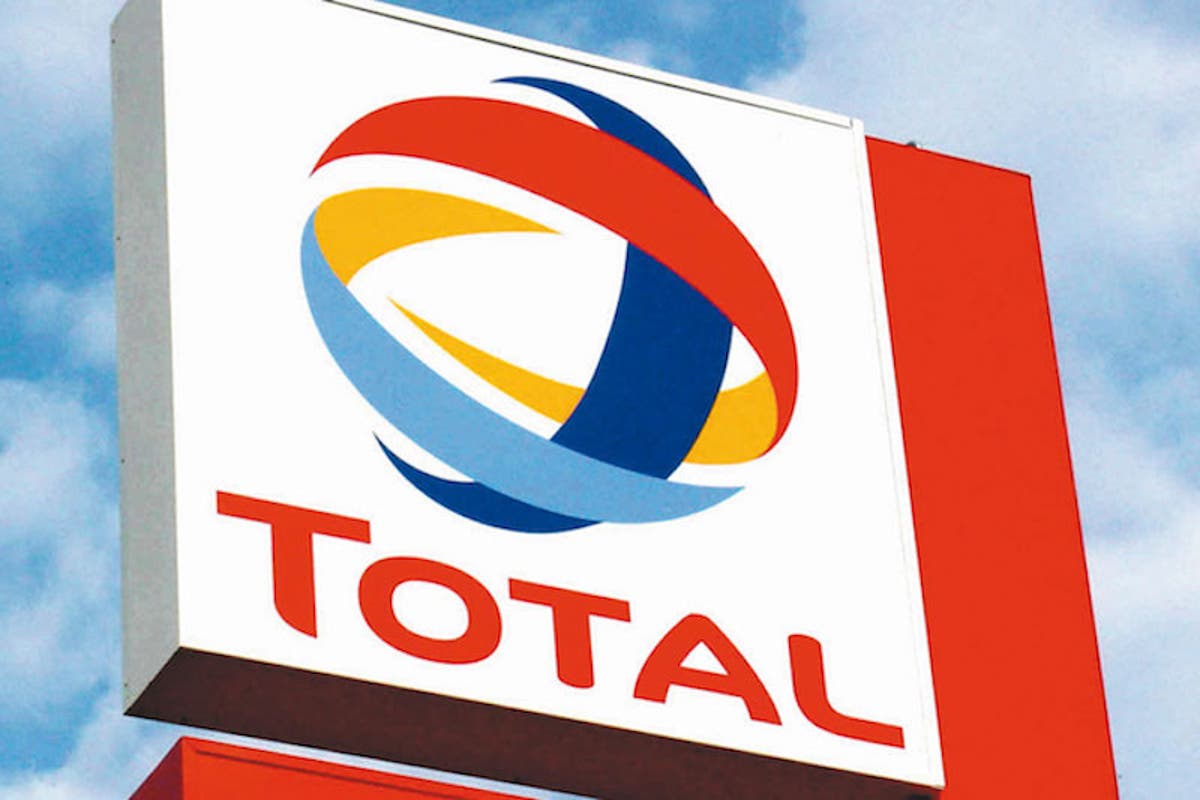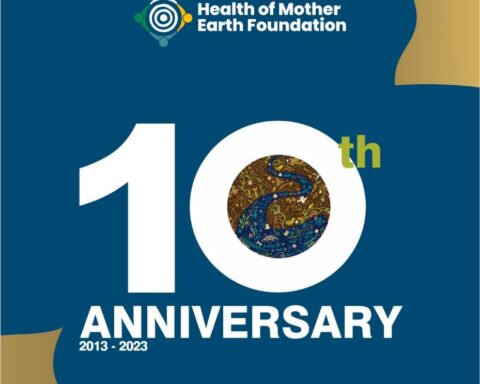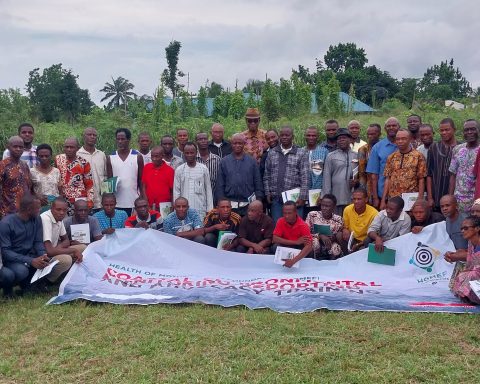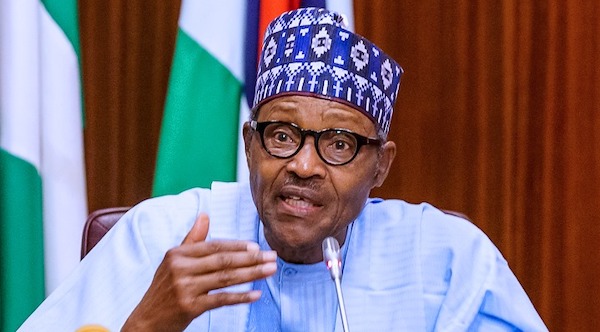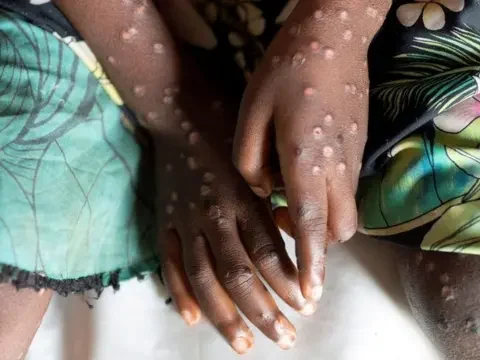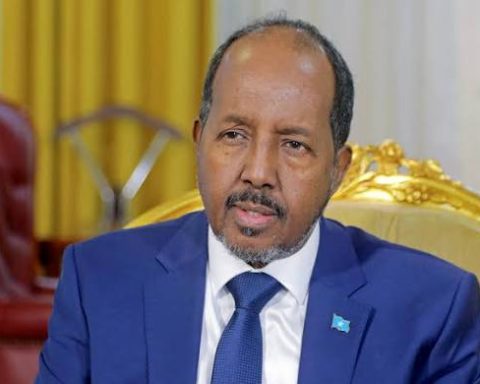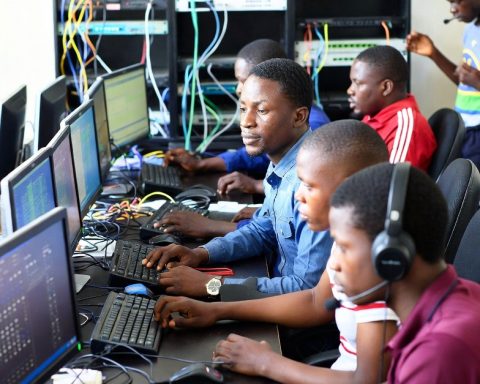Environment activists in Africa have demanded halt of what they called “devastating extraction projects” on oil resources in Uganda.
The activists urged the government of Uganda not to yield to what according to them, are lies told by the French multinational oil company to exploit the environment in the pretext of creating jobs and economic development and providing energy access to host communities.
This was contained in a statement released on Wednesday, September 14, jointly signed by six directors of non Civil Society Organisations focused on saving the environment.
They include: Mr. Joram Iuseb, Indigenous Peoples of Africa Co-ordinating Committee (IPACC), Namibia; Ms. Thuli Makama, Oil Change International (OCI), Swaziland; Ms. Makoma Lekalakala, Earth Life Africa, South Africa; Ms. OduduAbasi Asuquo, Oilwatch Africa, Nigeria; Mrs. Salome Nduta, Coordinator Oilwatch Africa, Kenya; and Mr. Nnimmo Bassey, Health of Mother Earth Foundation (HOMEF), Nigeria.
Arguing further on why Ugandan government should not allow Total to continue oil extraction, the group said that experience from oil “producing countries and their communities show devastating levels of pollution, displacement, increased national debt, and poverty levels of unimaginable proportions.
It expressed solidarity with the affected communities of Hoima, Bulisa, and others as they fight to protect their environment and livelihoods in the face of the ongoing exploration activities by Total and other fossil fuel company in different parts of Uganda.
The Statement titled ‘Solidarity Mission to AFIEGO and Partner CSOs in Uganda’, said Oil watch Africa paid a courtesy visit to Africa Institute for Energy Governance (AFIEGO) and other Civil Society Organisations (CSOs) working to protect the environment and communities’ land and human rights within the oil and gas regions of Uganda to show their support for AFIEGO and partners in the East African country.
AFIEGO in conjunction with other CSOs have been protesting activities they considered harmful to the environment in different parts of Uganda.
READ ALSO: African Govts Ignore Global Decarbonisation Agenda, Says Environment Activist, Nnimmo Bassey
The statement which noted that for over 12 years, AFIEGO has been promoting and supporting communities from the oil and gas regions to protect their environment, land and human rights, stated that “since the commercialisation of Uganda’s oil, the project-affected communities have experienced several challenges including delayed and unfair compensation, displacement from their land, increased human rights abuses and others that have negatively affected their livelihoods.”
It highlighted projects currently being undertaken in Uganda which have negative impact on the environment’s biodiversity to include Tilenga, Kingfisher, the oil refinery, East African Crude Oil Pipeline (EACOP) and others.
Such it said, are of international importance, especially, under UNESCO’s world heritage and RAMSAR sites such as national parks, forests, lakes, rivers, among others.
“These oil and gas projects are also contrary to the country’s commitments as obliged under the Paris Agreement, Kyoto Protocol, United Nations Framework Convention on Climate Change (UNFCCC) that aim at reducing greenhouse gas emissions.
“We note that oil and gas resources are not renewable, and their exploration and exploitation leave irreparable scars on both people and planet. Moreover, the resources in Uganda will only last a couple of decades if exploited but will leave damages that will have intergenerational impacts,” the statement added.
The group said that during the courtesy visit, they saw and heard of the shattered dreams of ordinary people displaced by the oil projects, with no appropriate compensation, coupled with the sociological implications of having separated families with new settlement structures that are against their traditional and religious life styles.
The group also lamented that there are threat, harassment and, arrests of community defenders and other activists who put down their lives to defend the rights and dignity of their communities and therefore, called for the protection of all community defenders and activists against such.
They also encourage AFIEGO, other CSOs and affected communities making efforts to promote environmental conservation and protection of human rights to remain resolute in their quest to mitigate the impact of climate change in Uganda.
Victor Ezeja is a passionate journalist with seven years of experience writing on economy, politics and energy. He holds a Master's degree in Mass Communication.


